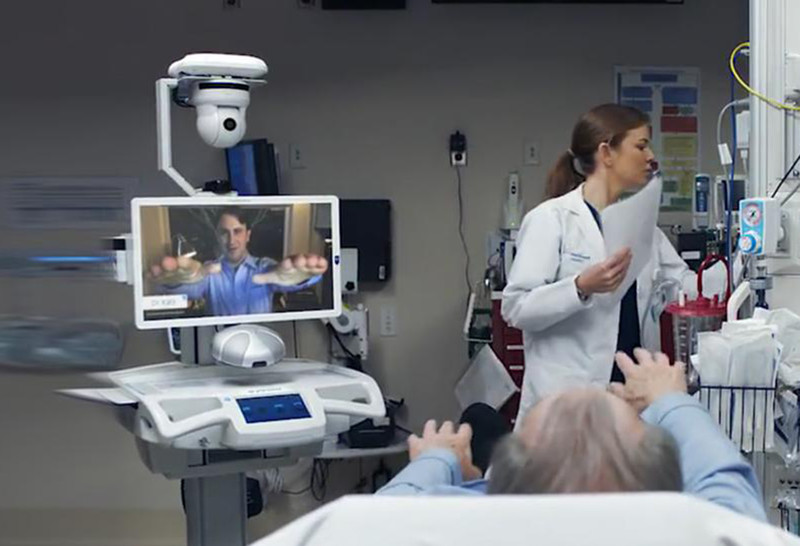Emerging postpartum technologies are revolutionizing how practitioners deliver quality care to new mothers. These technologies include wearables and mobile apps. Dr Paul MacKoul, a gynecological surgeon, says the technologies provide a convenient way to monitor babies’ and mothers’ health remotely. With advanced tools, healthcare professionals can track specific symptoms and vital signs. Doing so allows them to identify potential complications, ensuring timely intervention.
At the same time, new mothers gain access to valuable resources and support. By downloading apps, mothers find it easier to learn about breastfeeding, baby care, and other useful postpartum tips. These resources play an important role for mothers without access to in-person support. Many mothers grapple with postpartum depression or anxiety. So they need access to mental health resources.
The availability of new technologies improves the quality of care, helping promote better health outcomes. As technology advances, more innovative solutions will support maternal health and overall well-being.
Increased care options
The introduction of new advanced postpartum tools provides new mothers with a range of care options. One tool that has changed things is the breast pump. Because of this, mothers find it easier to express milk for babies. On top of that, working mothers can take advantage of the pump’s convenient feeding solution to return to work or other activities.
Another useful postpartum technology is the baby monitor. It’s vital when it comes to combating postpartum sleep disturbance. With the tool, parents can monitor the baby while resting. That way, the baby stays safe and secure without compromising the parents’ sleep time. These tools include video and audio monitors. More advanced versions can monitor movements and the baby’s breathing.
MacKoul talked about how mobile health (mHealth) helps increase awareness of potential post-delivery challenges. This type of technology can work well to support telemedicine and online-based therapy. Meanwhile, wearable technology provides a good tool for use by mothers outside of medical facilities.
They transmit data to healthcare practitioners remotely, eliminating the need for in-office appointments. Nurses and doctors can also quickly detect symptoms of mental health issues.
Remote patient monitoring (RPM)
According to Paul MacKoul MD, RPM technologies are unlocking great potential in the way new mothers receive care. From remotely monitoring mothers’ and babies’ health to intervening quickly when necessary, they’re positively impacting patients. Examples of these technologies include wearable devices, mobile apps, and telehealth platforms.
Real-time monitoring makes a huge difference in checking vitals like blood pressure. Once a healthcare professional detects an undesirable change, they take appropriate action to prevent complications. Another benefit is enabling babies and mothers to receive adequate care, even from home.
There’s no denying that the post-delivery period can be challenging. It’s common for some new mothers to find it difficult to travel to healthcare facilities. With RPM technologies, there’s no need to travel.
MacKoul says it’s vital to embrace the benefits of these technologies. They enhance physical and mental recovery. New mothers take advantage of the establishment of a strong support network. He believes properly deploying the advanced tools doesn’t leave new mothers feeling isolated or misunderstood.
About Dr Paul MacKoul
Paul, an experienced gynecological surgeon, co-founded The Center for Innovative GYN Care. He has many years of experience treating gynecological cancers using innovative surgical techniques.




